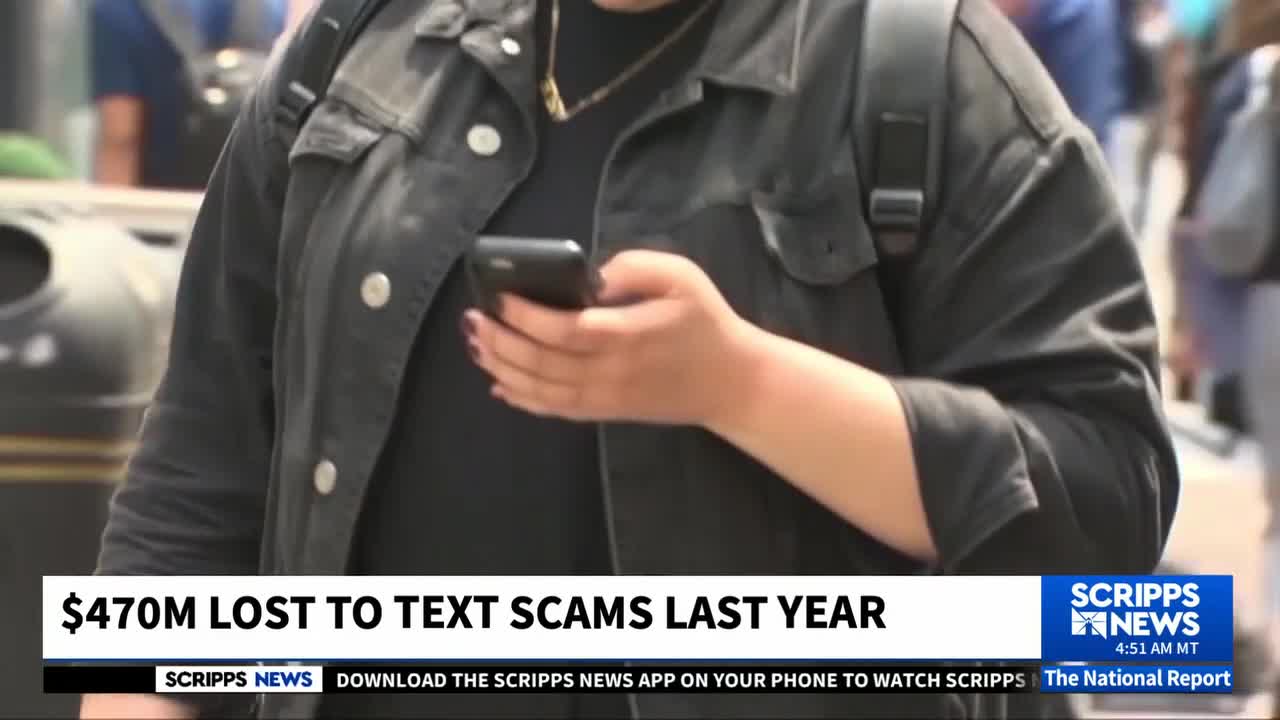How a Florida couple was scammed out of more than $80,000 in PayPal scheme

A Florida couple offers a cautionary tale in the battle against online scammers: Don’t trust that text message.
An older couple lost more than $80,000 after they received a text about an “unauthorized $599 charge” on their PayPal account on June 22, according to police in the eastern Florida city of Ormond Beach.
The couple called the phone number listed in the message to address the problem and received a form from scammers posing as Norton Security representatives to catalog how much money they lost.
When they saw $50,000 deposited back into their account, the couple thought they mistakenly added a few zeros on the form and wired the extra money they thought they received – some $49,000 – to an account in Utah.
But the scammers claimed the money was never sent because of a problem with the IRS and requested the money in cash. The Florida couple handed over $33,000 in cash to a courier who visited their home, police said.
In total, they lost close to $83,000, according to police, who said they are working to find the scammers and retrieve the money.
In a statement, PayPal encouraged users to remain mindful when they are being asked to participate in a transaction related to its website. They recommended users contact customer support through the PayPal website or app, not from search engines or other sources.
PayPal scams proliferate
PayPal has become a popular target for scammers looking to earn a quick buck.
In early June, police in Tennessee arrested two men accused of conducting a sophisticated multistate PayPal scam similar to the one the couple in Florida fell victim to.
Police believe the men – identified as Hongqi Cui and Li Muxi – remotely accessed a victim’s bank accounts by impersonating a PayPal representative and then requested they hand over large amounts of cash to a courier, according to reporting by the ABC affiliate. The case is being investigated by the Department of Homeland Security and the FBI.
Nationwide, phishing attempts overall are on the rise. A report published in April by the FBI’s Internet Crime Complaint Center found phishing was among the top three types of cybercrimes reported in 2024.
The agency saw $16.6 billion stolen last year, up 33% from 2023, the report said. People over the age of 60 suffered the most losses, totaling nearly $5 billion.
And text scams are a major contributor. According to data from the Federal Communications Commission, Americans lost close to $500 million in 2024 through interactions over texts.
How to protect yourself against scams
If you receive a suspicious text message from a payment website, bank, or store, the Federal Trade Commission suggests the following:
◾Do not respond to the message and do not click any links or attachments.
◾If you are unsure whether the message is real, contact the company using the customer service phone number on their website.
◾Report the message as junk or spam.
◾Forward the message to SPAM (7726).
◾Report the text to the FTC at reportfraud.ftc.gov and/or file a complaint with the FBI's Internet Crime Complaint Center at ic3.gov.
Gabriel Valasquez Neira reports for The Daytona Beach News-Journal and Karissa Waddick reports for Paste BN.